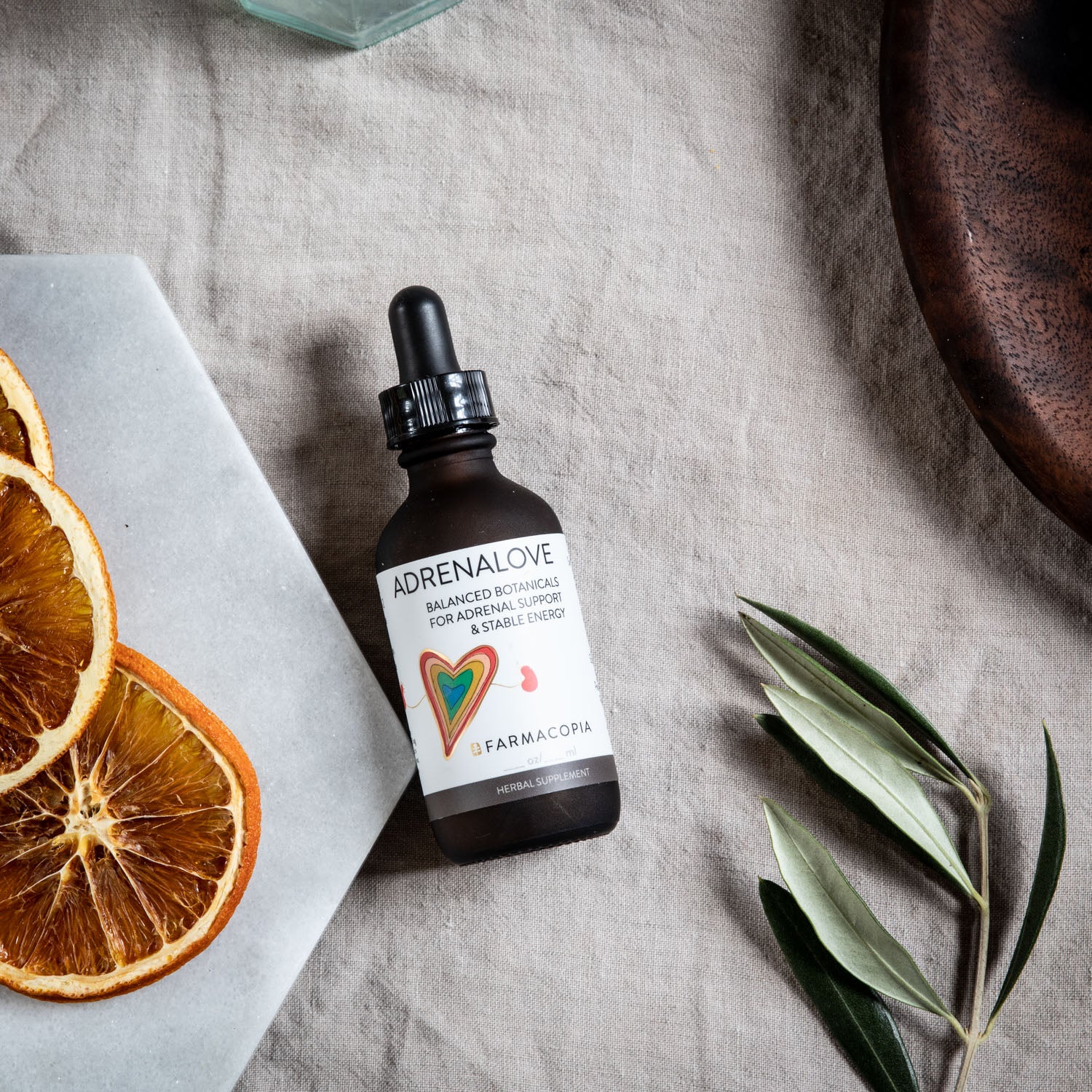 Supporting hormonal balance through nutrition involves consuming a variety of nutrient-dense foods that provide essential vitamins, minerals, healthy fats, and phytonutrients. Here are some foods that may help support hormonal health:
Supporting hormonal balance through nutrition involves consuming a variety of nutrient-dense foods that provide essential vitamins, minerals, healthy fats, and phytonutrients. Here are some foods that may help support hormonal health:
Leafy Greens: Spinach, kale, Swiss chard, and other leafy greens are rich in vitamins and minerals such as folate, vitamin K, and magnesium, which are important for hormone production and regulation.
Healthy Fats: Include sources of healthy fats such as avocados, nuts, seeds, and olive oil. These fats provide the building blocks for hormone production and help maintain cell structure.
Omega-3 Fatty Acids: Fatty fish like salmon, mackerel, and sardines are excellent sources of omega-3 fatty acids, which have anti-inflammatory properties and support hormone balance.
Protein: Incorporate lean protein sources such as poultry, fish, beans, and lentils into your diet. Protein is essential for hormone synthesis and helps keep you feeling full and satisfied.
Berries: Blueberries, strawberries, raspberries, and other berries are rich in antioxidants, vitamins, and fiber, which can help reduce inflammation and support overall health, including hormone balance.
Cruciferous Vegetables: Broccoli, cauliflower, Brussels sprouts, and cabbage contain compounds such as DIM that support detoxification processes in the liver, which can help balance hormones.
Fermented Foods: Foods like yogurt, kefir, sauerkraut, and kimchi contain probiotics, which support gut health. A healthy gut microbiome is essential for proper hormone metabolism and regulation.
Legumes: Beans and lentils are wonderful sources of fiber, which bind to excess estrogen in the body and remove them through the colon. If you're not eating enough fiber, hormones can recirculate in your system, causing hormone imbalance. (Check out our recipe for
White Bean Dip).
Herbs and Spices: Incorporate herbs and spices like turmeric, ginger, cinnamon, and garlic into your meals. These ingredients have anti-inflammatory properties and may help support hormone balance.
Seeds: Flaxseeds, chia seeds, and pumpkin seeds are rich in omega-3 fatty acids, fiber, and antioxidants, which support hormonal health and may help reduce inflammation. Pumpkin seeds contain high levels of zinc, which helps with progesterone production.
 Supporting hormonal balance through nutrition involves consuming a variety of nutrient-dense foods that provide essential vitamins, minerals, healthy fats, and phytonutrients. Here are some foods that may help support hormonal health:
Supporting hormonal balance through nutrition involves consuming a variety of nutrient-dense foods that provide essential vitamins, minerals, healthy fats, and phytonutrients. Here are some foods that may help support hormonal health: 
